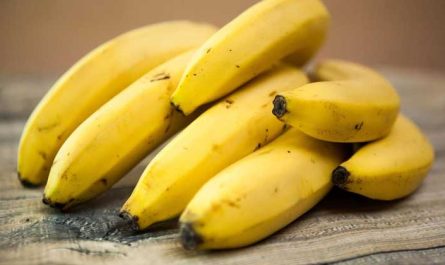Starting the day with a cup of strong coffee is a good option to perk up in a matter of minutes, and the pleasant taste of sugar will only prolong the pleasure of such a breakfast. However, it is extremely important to understand what kind of sugar you put in your coffee and in what quantity.
As a rule, we add refined sugar to coffee – a processed version of natural sugar, which is found in foods high in carbohydrates (fruits, grains, vegetables, milk). Unlike natural sugar, refined sugar is not as beneficial for our body.
Harmful effects of sugar
Elevated blood sugar
Sugar is absorbed into the blood. This leads to a sharp increase in blood sugar, which provides a short-term burst of energy, which is accompanied by a sharp drop in sugar levels. Such jumps are dangerous for people with confirmed diabetes and in the future can even lead to a pre-diabetic state.
Weight gain
Recently, more and more people are suffering from obesity, which is often associated with excessive consumption of sugar. Chan School of Public Health reports that the average American eats 17 teaspoons of refined sugar per day, which inevitably leads to weight gain.
Caries
Every year, scientists confirm that sweetened drinks, including coffee, cause tooth decay, called caries.
Increasing risk of cardiovascular disease
Obesity from high-sugar diets is associated with increased blood pressure, cholesterol levels, and triglyceride levels that are clearly not in the normal range. Of course, such a deviation from the norm in the future provokes an increase in the risk of heart disease.
For a person who must consume at least 2,000 calories per day, the amount of added sugar should be limited to 12 tablespoons (50 grams).
Sugar replacement options
Coffee, known for its bitter taste, often needs sweetening, but sugar is far from the only solution for lovers of strong black coffee.
Stevia
Stevia leaves are obtained from a natural plant, so its benefits are many times different from the scanty benefits of refined sugar. Among other things, unlike regular sugar, stevia is not addictive because it does not provoke an increase in blood sugar.
Cream
The most ordinary heavy cream has every chance of becoming a worthy substitute for sugar in a cup of coffee. Dairy products, when tasted, have a delicate sweet taste, although, obviously, not as pronounced as sugar.
Oat milk
According to the culinary specialist, oat milk can be safely used as an alternative to sugar. It is this, unlike soy, that has a creamy consistency and a sweetish taste. Gradually switching from refined sugar to oat milk can also help break your carbohydrate addiction, so you don’t suddenly quit sugar and relapse.



